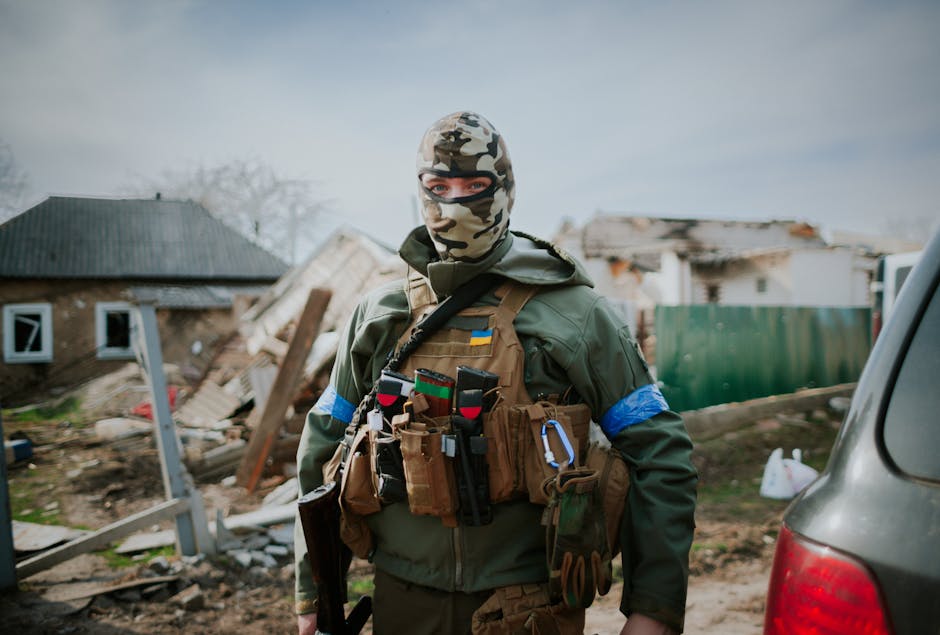PTSD and Suicides Spike Among Israeli Troops Amid Devastation of Gaza War
The ongoing conflict in Gaza has left deep scars not only on civilians but also on Israeli soldiers carrying out military operations. As the war enters its eighth month, reports of post-traumatic stress disorder (PTSD) and a sharp rise in suicides among troops reveal the psychological devastation of the conflict.
Unprecedented Rise in PTSD Cases
Recent data from the Israel Defense Forces (IDF) shows a nearly 40% increase in PTSD cases compared to pre-war levels. Mental health professionals describe the situation as “unprecedented,” with soldiers struggling to cope with the trauma of war. “The intensity and duration of this conflict have pushed many to their breaking point,” said Dr. Talia Cohen, a trauma psychologist. “The constant exposure to death, destruction, and moral dilemmas has left deep emotional wounds.”
The Human Cost of the Gaza War
The Gaza war, triggered by a deadly Hamas attack on southern Israel, has been one of the most destructive conflicts in recent history. Over 35,000 Palestinians, including many civilians, have been killed, and Gaza’s infrastructure lies in ruins. For Israeli soldiers, the human cost is equally devastating. Many report guilt, anxiety, and depression after witnessing the aftermath of airstrikes and ground operations.
One anonymous soldier shared, “Every time we entered a neighborhood, we saw the faces of children and families who had lost everything. It’s hard to reconcile that with our mission. I can’t sleep without seeing those images.”
Troubling Rise in Suicides
The spike in PTSD has been accompanied by a significant increase in suicides among troops. At least 15 soldiers have taken their own lives in the past six months, a sharp rise compared to previous years. While the IDF has expanded mental health support, experts say more is needed. “The military’s mental health infrastructure is overwhelmed,” said Dr. Cohen. “Soldiers need long-term support, not just short-term interventions.”
Reservists Struggle to Reintegrate
The psychological toll extends beyond active-duty soldiers. Reservists returning to civilian life face challenges reintegrating into society. “I feel like I’m carrying a burden no one understands,” said a reservist who served in Gaza for three months.
Calls for Greater Support
The Israeli government has faced criticism for prioritizing military objectives over soldiers’ mental health. Opposition leader Yair Lapid stated, “We can’t expect soldiers to fight for the nation without ensuring they have support when the battle is over.”
Long-Term Consequences
As the war continues, the long-term psychological impact on soldiers becomes clearer. Experts warn that without adequate intervention, the scars of the conflict could persist for years, affecting soldiers, their families, and communities.
The rise in PTSD and suicides among Israeli troops underscores the human cost of war. Addressing this crisis requires a collective effort from the government, military, and society. The stories of these soldiers serve as a stark reminder of war’s enduring impact, even after the fighting ends.




